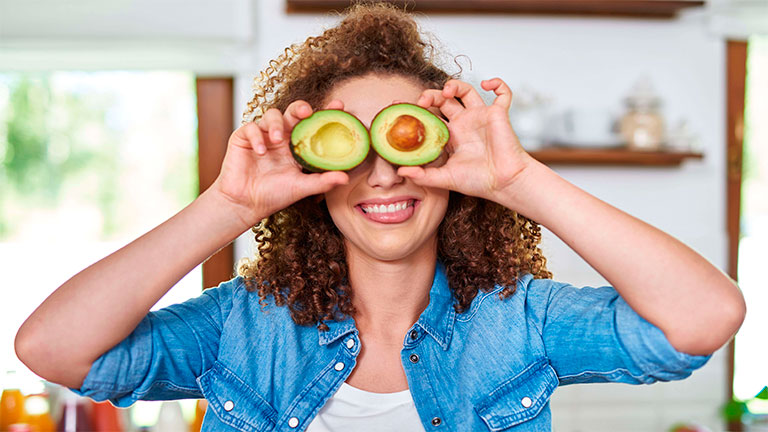It is hard to imagine many households without avocado. This exquisite fruit has a texture and taste that whether grilled, in its natural form, spread on toast and rolls or dressed with tomato, pepper and a pinch of salt as guacamole, makes this food ideal to be a great side dish at the table. But it was not always like this. The import of avocados to Spain dates back to around the 16th century, apparently the first specimens were grown in the Botanical Garden of Orotava in Tenerife, with specimens coming from Venezuela.
Today, avocados are as common in supermarkets as tomatoes or cucumbers. But what makes avocados so popular and where do they come from, and can we eat them without hesitation? Let me tell you:
Avocado.
From a botanical point of view, the avocado fruit is a berry, as the avocado tree belongs to the laurel family.
Originally, the avocado comes from the tropical rainforests of Mexico and Central America, but nowadays it is cultivated in many other countries and areas, such as Israel, Turkey, Chile, Colombia, Spain, Peru, New Zealand and several others. The three largest avocado producers in 2018 were.
- Mexico with 184,663 tonnes.
- The Dominican Republic with 644,306.
- Peru with 504,517 tonnes.
There are now around 400 varieties of avocado. The most popular variety in Germany and Europe is the "Fuerte" avocado, which originated in Puebla in Mexico.
Positive characteristics.
The avocado fruit is rich in unsaturated fatty acids and potassium. Unsaturated fatty acids are essential for humans because the human body cannot synthesise them but needs them. Unsaturated fatty acids have a positive effect on the cardiovascular system. In addition, they can reduce the risk of developing certain types of cancer.
Negative “aftertaste”.
Although the avocado is very healthy and delicious, one must always be aware of the price at which one comes to enjoy this fruit. Anyone who buys an avocado can be partly responsible for:
- Deforestation.
- High CO2 pollution of the environment.
- Pollution of drinking water.
- Privatisation of drinking water.
- Promotion of crime in some growing regions and
- Exploitation of people.
Therefore, when choosing an avocado, one should consider the following, among other things:
Origin of the avocado - for avocados from the Mediterranean region, e.g. from Spain, less long distances have to be travelled. This reduces emissions.
Organic fruit - if you opt for the usually somewhat more expensive organic fruit, you are promoting cultivation with fewer pesticides and fairer conditions.
Information about growing conditions - definitely the hardest point. You should look into the growing conditions in the regions of origin. Among other things, one should pay attention to whether drinking water has been privatised for the production, i.e. whether drinking water is only available to the avocado farmers and whether the people in the region are deprived of it.
An alternative to avocado would be walnuts: What many people certainly do not know: Walnuts can easily compete with avocados in terms of "content". It is a local product, can be stored for a relatively long time and perhaps the most important argument: it has relatively more unsaturated fatty acids than the avocado.
Nice-to-know
The freshly prepared avocado, either sliced or prepared as guacamole, keeps its green colour longer and does not turn brown when the avocado pit (seed) is added to the opened or processed avocado.
Conclusion:
If you follow the above criteria, you should be able to enjoy the avocado without hesitation.
For me personally, it is an absolute superfood that I would not want to do without.





Leave a comment